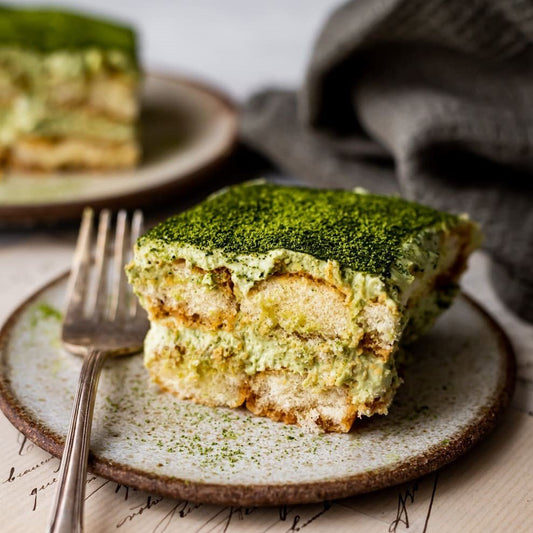Greetings, health enthusiasts! Today, we're diving into the fascinating world of scientific research regarding hibiscus tea and its impact on blood pressure. Known for its deep red hue and tart taste, hibiscus tea has long been a favourite in many cultures. But it’s not just its flavour that’s drawing attention; it’s the potential health benefits, particularly its effect on high blood pressure, that are making headlines.
Hibiscus Tea: A Brief Overview
Hibiscus tea, made from the petals of the Hibiscus sabdariffa flower, is enjoyed worldwide for both its taste and health properties. It’s naturally caffeine-free and rich in antioxidants, including flavonoids and anthocyanins, which are believed to be the key to its health benefits.
The Link Between Hibiscus Tea and Blood Pressure
The interest in hibiscus tea as a natural remedy for high blood pressure has been backed by several scientific studies. Here's a closer look at some of this research:
-
- A 2008 study published in the American Heart Association's journal indicated that consuming hibiscus tea lowered blood pressure in pre-hypertensive and mildly hypertensive adults. Participants who drank hibiscus tea saw a significant decrease in their overall blood pressure compared to those who consumed a placebo.
-
Effect on Systolic and Diastolic Blood Pressure:
- Research shows that hibiscus tea's impact on blood pressure includes both systolic and diastolic readings. A 2015 review of studies found that hibiscus tea consumption significantly reduced both systolic and diastolic blood pressure.
-
Comparison with Hypertension Medications:
- Another study compared the effects of hibiscus tea to common blood pressure medications. The results suggested that hibiscus tea might be nearly as effective as some prescription medications in controlling blood pressure.
How Does Hibiscus Tea Lower Blood Pressure?
The exact mechanisms are still being studied, but it’s believed that the anthocyanins and other antioxidants in hibiscus can help relax blood vessels, thereby reducing blood pressure. Additionally, it might also act as a natural diuretic, helping to reduce blood volume and pressure.
How to Incorporate Hibiscus Tea for Blood Pressure Management
- Consistency is Key: Regular consumption of hibiscus tea is crucial for seeing benefits. Aim for 1-2 cups daily.
- Brewing Method: Steep dried hibiscus flowers or tea bags in hot water for about five minutes. You can adjust the strength according to your taste.
- Monitor Your Blood Pressure: Keep track of your blood pressure levels to observe any changes over time.
Conclusion
While hibiscus tea shows promise in managing high blood pressure, it's important to remember that it should complement a healthy lifestyle and, if necessary, medical treatment. Always consult with a healthcare provider before making significant changes to your health regimen.




